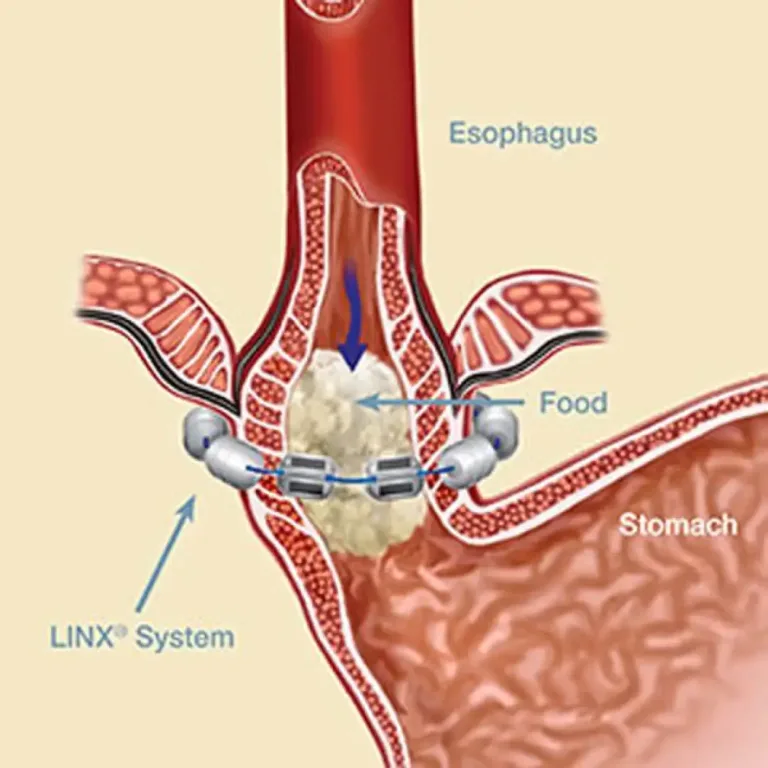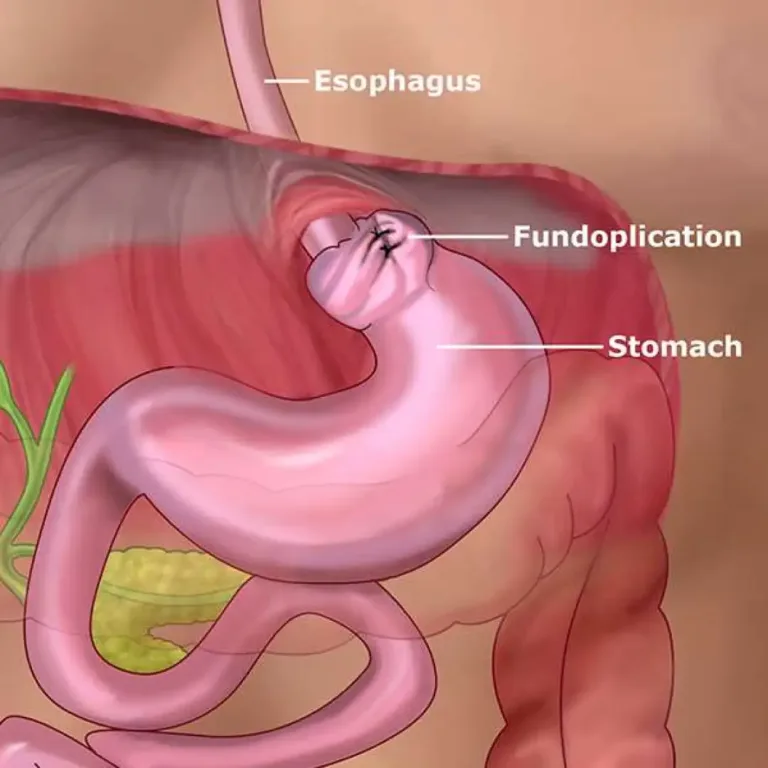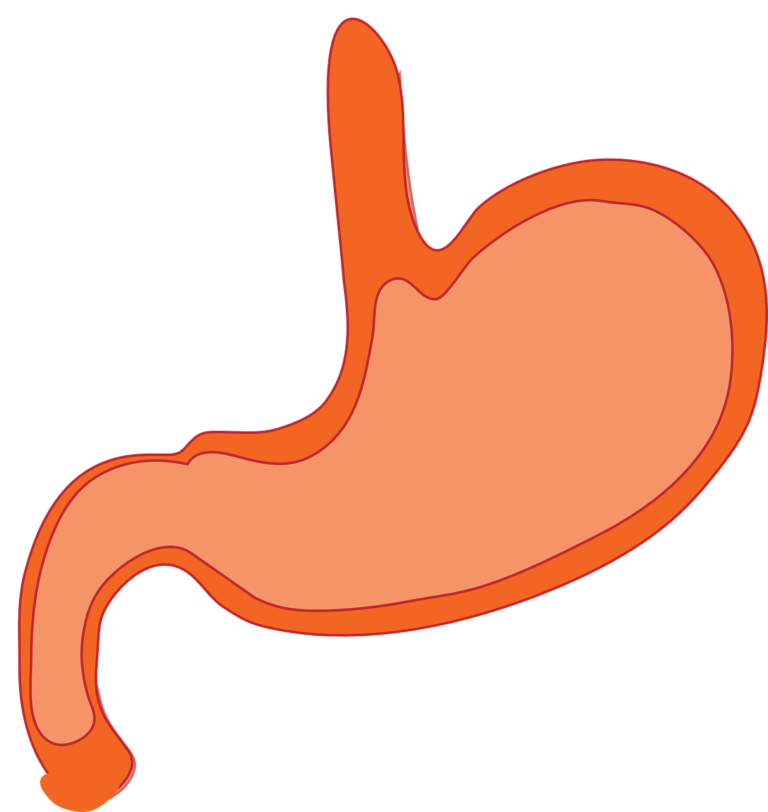Breath tests for Small Intestinal Bacterial Overgrowth (SIBO) are widely used diagnostic tools, but they have limitations that can affect their accuracy. It’s important to understand these limitations to interpret test results correctly. Here are some reasons why breath tests for SIBO may not always be accurate:
- Variability in SIBO Location: SIBO can occur in different parts of the small intestine. Breath tests often target the upper part of the small intestine, but the overgrowth may be in the lower parts. This can lead to false negatives, as the bacteria causing SIBO may not reach the testing site.
- False Positives: Certain dietary habits and underlying conditions can produce elevated gas levels, leading to false-positive results. Some individuals naturally have more hydrogen or methane gas, which can be mistaken for SIBO. Consuming fermentable carbohydrates or certain medications can also trigger gas production, potentially leading to inaccurate results.
- Test Sensitivity and Specificity: The accuracy of breath tests may vary depending on the specific test used and the lab that conducts the analysis. Some tests have higher sensitivity and specificity than others. Therefore, the choice of test can impact the accuracy of the diagnosis.
- Breath Collection and Sampling Issues: Proper collection and sampling of breath are crucial for the accuracy of SIBO tests. Inadequate breath samples or contamination can lead to false results. Strict adherence to test instructions is necessary to minimize these errors.
- Bacterial Overgrowth Patterns: SIBO may have intermittent or irregular patterns of bacterial overgrowth. This can make capturing the condition during a single breath test challenging. A negative result may not necessarily rule out SIBO entirely.
- Dietary Restriction: Before taking an SIBO breath test, patients must follow a specific diet to prepare their digestive system. Dietary modifications can temporarily reduce SIBO symptoms, making the condition less detectable during the trial.
- Rapid Transit Time: Some individuals have rapid transit time through the small intestine, which can limit the time available for bacteria to ferment carbohydrates and produce gases. This fast transit can result in false-negative breath test results.
- SIBO Subtypes: SIBO may manifest as different subtypes characterized by other gas-producing bacteria (hydrogen or methane) or a combination of both. Some breath tests may only detect one type of gas, potentially missing cases of methane-predominant SIBO.
- Antibiotic Use: Prior or recent use of antibiotics can alter the gut microbiota and affect the accuracy of SIBO breath tests. Antibiotics may temporarily suppress the bacteria responsible for SIBO, leading to false-negative results.
Given these limitations, healthcare professionals often use a combination of clinical symptoms, medical history, and breath test results to make a diagnosis. If SIBO is strongly suspected despite a negative test result, further evaluation may be recommended, such as an endoscopy or a follow-up breath test. Accurate diagnosis and individualized treatment are essential to effectively manage SIBO and its associated symptoms.





